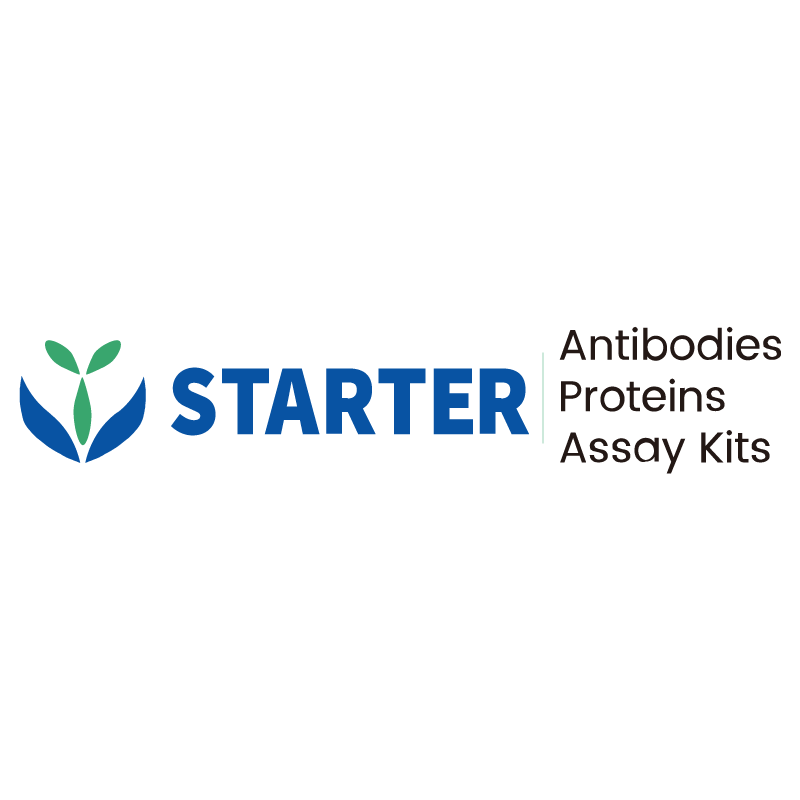HA-tag transfected 293T (Human embryonic kidney epithelial cell, Right panel) or 293T (Left panel) was stained with FITC Rabbit IgG Isotype Control (Black line histogram) and SDT HA tag Recombinant Rabbit mAb (FITC Conjugate) (Red line histogram) at 1/2000 dilution (0.1 μg), cells without incubation with primary antibody and secondary antibody (Blue line histogram) was used as unlabelled control. Flow cytometry and data analysis were performed using BD FACSymphony™ A1 and FlowJo™ software.
Product Details
Product Details
Product Specification
| Host | Rabbit |
| Antigen | HA tag |
| Immunogen | Synthetic Peptide |
| Clone Number | S-113-76 |
| Antibody Type | Recombinant mAb |
| Isotype | IgG |
| Application | ICC, ICFCM |
| Reactivity | Species Independent |
| Purification | Protein A |
| Concentration | 2 mg/ml |
| Conjugation | FITC |
| Physical Appearance | Liquid |
| Storage Buffer | PBS, 1% BSA, 0.3% Proclin 300 |
| Stability & Storage | 12 months from date of receipt / reconstitution, 2 to 8 °C as supplied |
Dilution
| application | dilution | species |
| ICC | 1:500 | Species independent |
| ICFCM | 1:2000 | Species independent |
Background
The HA tag (HA tag) is a short peptide sequence composed of nine amino acid residues (YPYDVPDYA), derived from amino acids 98–106 of the hemagglutinin (HA) protein of human influenza virus. As a widely used epitope tag, the HA tag is typically fused to the N- or C-terminus of a target protein via genetic recombination techniques, facilitating protein expression, purification, detection, and functional studies.
Picture
Picture
FC
Immunocytochemistry
ICC shows positive staining in Histone H3 -HA tag transfected 293F cells (top panel) and negative staining in vector-transfected 293T cells (below panel). Anti- HA tag (FITC Conjugate) antibody was used at 1/500 dilution (Green) and incubated overnight at 4°C. The cells were fixed with 100% ice-cold methanol and permeabilized with 0.1% PBS-Triton X-100. Nuclei were counterstained with DAPI (Blue).


